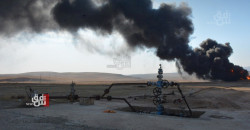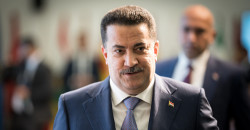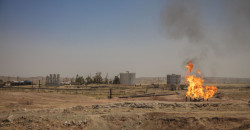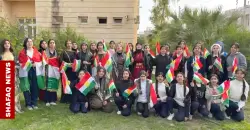Chinese company to drive oil field development along Iraq-Iran border
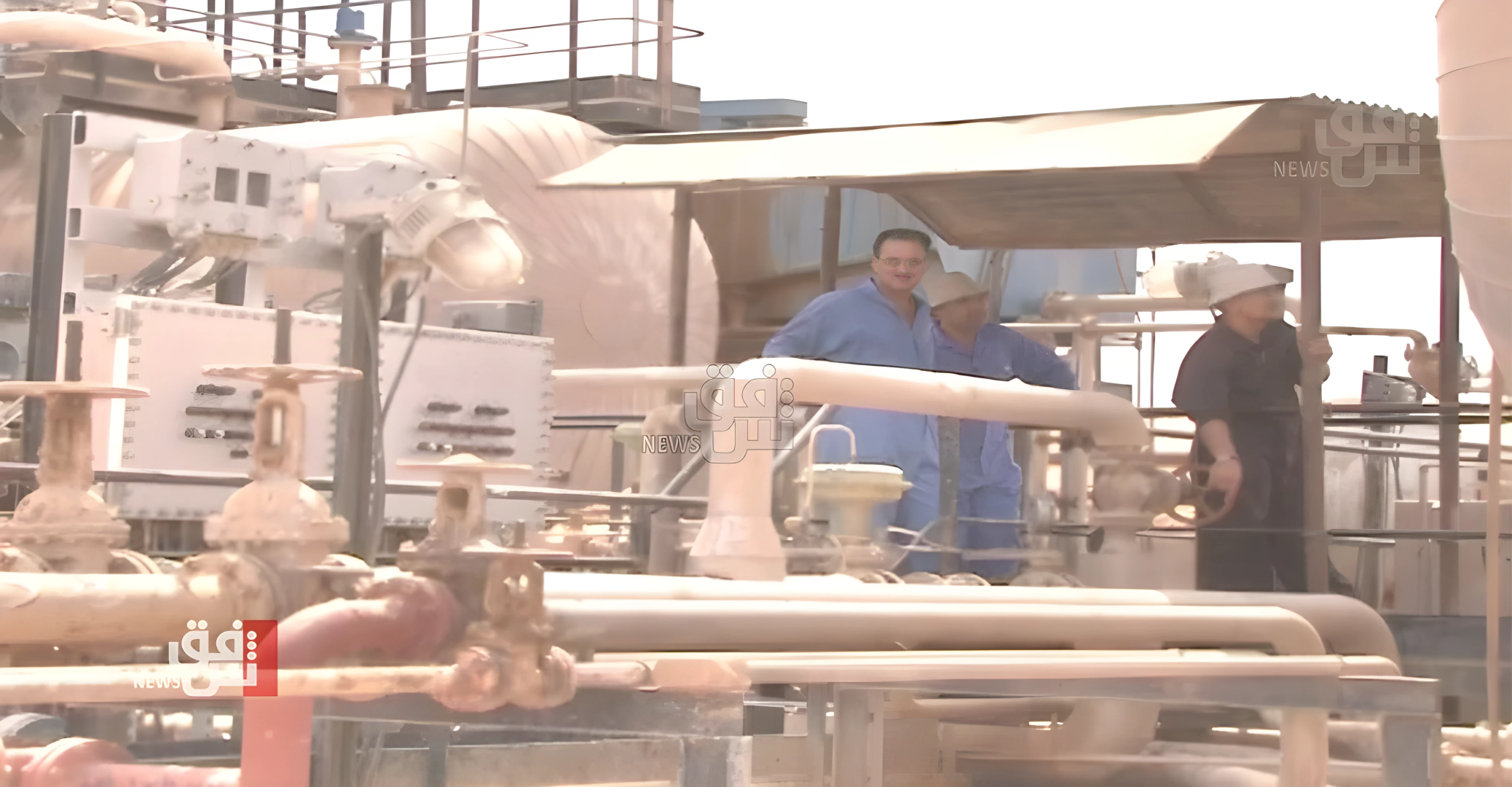
Shafaq News/ The Khanaqin administration announced on Tuesday the imminent beginning of exploration and development of oil and gas production service in the Khanah Oil Field, on the border with Iran, by a large Chinese company to enhance oil and gas production and reserves.
During a press conference, Khanaqin Deputy Governor Dlir Hassan Saya stated, "As part of the fifth licensing round granted by the Federal Oil Ministry, a Chinese company will soon begin a project to explore, develop, and produce oil and gas in the Khanah Oil Field, 80% of which is located in Khanaqin district."
Saya emphasized that, "this project is vital and important for this region, where the majority of the workforce will be from the residents of Khanaqin city, and the project duration will be from 30 to 34 years, according to the contract between the Chinese company and the Ministry of Oil."
"Commitment to environmental standards during project implementation has been affirmed by not affecting the citizens' health," he further explained that "there will be urban and service impacts on the city, and significant amounts will be allocated within the social benefits to establish important projects in the Khanaqin district, as well as employing the local workforce."
Residents of Khanaqin see the necessity of reflecting on the project's benefits for the city and its people.
Ali Mohammed, a young man from Khanaqin, said, "Investment in the Khanah Oil Field is a dream for the people of Khanaqin, but it is essential for this project to have a positive impact on the city and its people by employing thousands of unemployed workers and providing services through the allocation of investment benefits to develop the road network, electricity, and water supply."
According to documents, the project includes exploration, development, service, and production in Diyala governorate and has been referred to the Chinese company Geo-Jade Petroleum.
According to documents obtained by Shafaq News Agency, the project encompasses the exploration area on the Iraqi-Iranian border, encompassing the Sindbad field in Basra Governorate and the Khana oil field in Diyala Governorate.
It is anticipated that these sites, in addition to other border locations, will yield a crude oil production of 250,000 barrels per day and gas production of one billion standard cubic feet.
The project also includes investment in associated and natural gas, aiming to supply the necessary gas quantities to meet the country's needs and bolster its hydrocarbon reserves. These efforts align with the government program's focus on economic reforms.
In an official ceremony at the Ministry of Oil, Iraq signed contracts with foreign companies on February 24, 2023, as part of the fifth oil licensing round for oil fields and border areas.
Iraqi Prime Minister Mohammed Shia al-Sudani pointed out that the delay in implementing the fifth oil licensing round for five years caused the country significant losses and environmental damage, emphasizing that "the direction towards investing in associated gas and natural gas stems from a strong conviction to achieve economic reforms, which constitute a main axis in the government program."
According to reports, Iraq produces more than 4.5 million barrels of oil per day, and the sector's imports represent more than 94% of the country's GDP, while Iraq is the second-largest country in flaring natural gas in the world after Russia, with government losses estimated at around $6 billion annually.
Economic expert Marwan Ali said, "The importance of the fifth licensing round lies in investing in border fields with neighboring countries, as they will be converted into producing fields, adding significant quantities of crude oil and gas to domestic production."
Regarding the delay in signing these contracts, Ali explained that the 5-year delay was due to political interventions, and he clarified that the fields included in this round include six fields in Diyala (east), Maysan, and Basra (south) governorates.
As for the production rates from these fields, he indicated that they will reach 250,000 barrels of oil per day, in addition to producing between 800,000 and one million standard cubic feet of gas per day. He also added the possibility of doubling this production during the development operations undertaken by the companies, contributing to providing part of the local gas need for electricity production, in addition to the contracts requiring the employment of Iraqi labor by 90%.
Ali adds that Iraq has started investing in fields shared with neighboring countries such as Iran and Kuwait for the first time, expecting the financial revenues from the recent licensing round to reach about $300 billion.
The fifth licensing round is considered better than previous rounds, according to many experts who explained that investing in shared fields is better than neglecting them, especially since neighboring countries have already started investing in these fields. Iraq suffered significant economic losses as a result of neglecting them in recent years.

